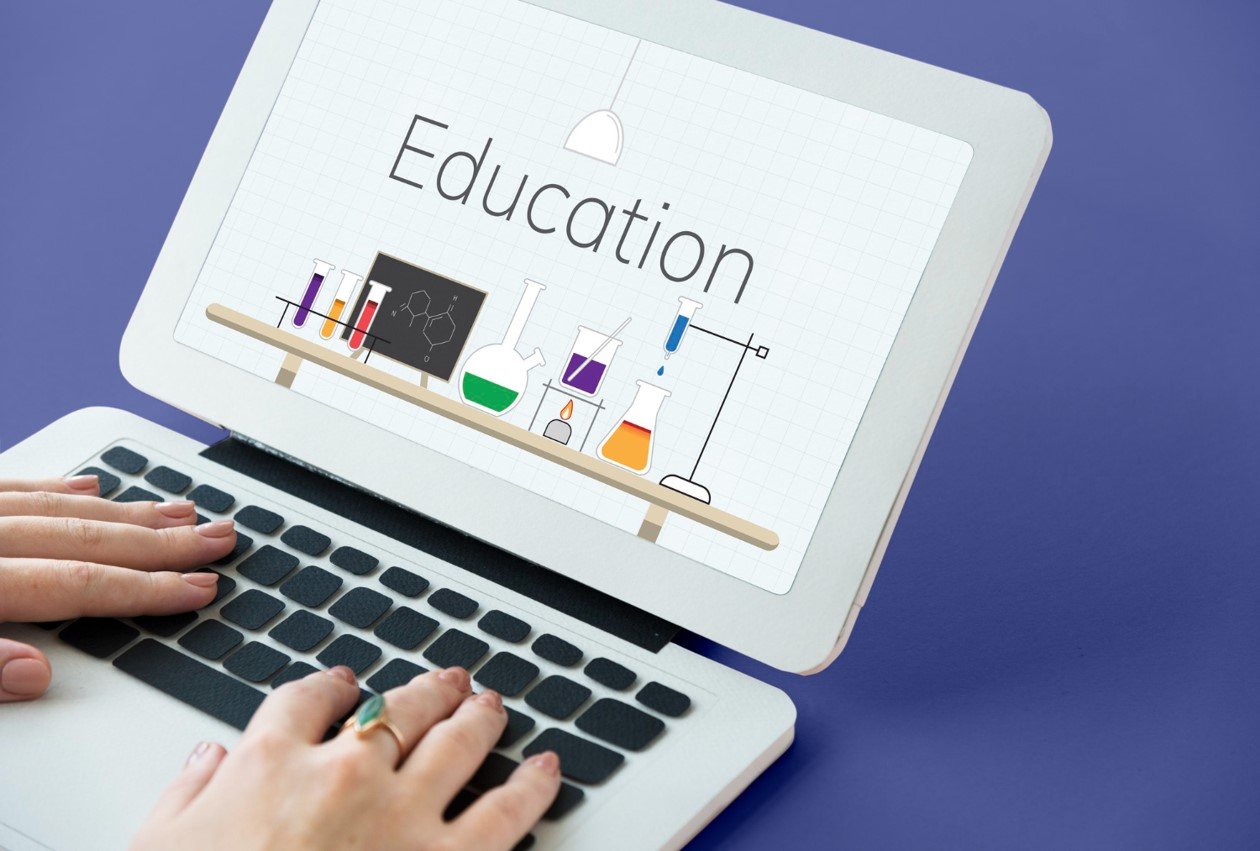The Complete Procedure for Academic Misconduct

In the world of academia, upholding integrity and ethical standards is paramount. Academic misconduct, in its various forms, poses a significant threat to the credibility and fairness of educational institutions. This comprehensive article explores the complete procedure for handling academic misconduct cases, shedding light on how institutions identify, address, and prevent such violations.
Academic misconduct, including plagiarism and cheating, is a serious issue in educational institutions worldwide. This article provides a detailed overview of the procedures involved in identifying, addressing, and preventing academic misconduct.
Understanding Academic Misconduct
Academic misconduct refers to any intentional or unintentional action that violates the principles of academic integrity, which are fundamental to the academic community’s trust and reputation.
Types of Academic Misconduct
Plagiarism
Plagiarism is the act of using someone else’s work, ideas, or words without proper attribution, passing them off as your own.
Cheating
Cheating involves obtaining or attempting to obtain an unfair academic advantage through deceitful means, such as unauthorized assistance during exams.
Fabrication
Fabrication is the creation or falsification of data, information, or research results.
Collusion
Collusion occurs when students collaborate on academic assignments without permission or engage in unethical group work.
Read More: Improving Writing Skills for Academic Excellence: Techniques and Practice
The Importance of Addressing Academic Misconduct
Addressing academic misconduct is vital to maintain the credibility of educational institutions and ensure a level playing field for all students.
Detection and Reporting
Professors and Instructors
Educators play a crucial role in detecting and reporting academic misconduct, as they are often the first to recognize irregularities in students’ work.
Technology-Aided Detection
Institutions use advanced technology to detect plagiarism and cheating, such as plagiarism detection software and online proctoring tools.
Peer Reporting
Students can also report academic misconduct cases they witness, fostering a culture of academic integrity.
Investigation Process
Initial Evaluation
Once misconduct is suspected or reported, the institution initiates an initial evaluation to determine the merit of the case.
Gathering Evidence
Evidence, such as copied content, suspicious exam behavior, or fabricated research, is collected.
Interviewing Involved Parties
Students and others involved are interviewed to gather more information about the alleged misconduct.
Academic Misconduct Committees
In the effort to maintain the integrity of educational institutions and uphold ethical standards, many universities and colleges have established Academic Misconduct Committees. These committees play a crucial role in addressing allegations of academic misconduct. Here’s a closer look at how these committees function:
Composition of Committees
Academic Misconduct Committees are typically composed of a diverse group of individuals. This may include faculty members, administrators, and even student representatives. The composition is designed to ensure fairness and impartiality in the decision-making process.
Reviewing Cases
When a case of academic misconduct is reported or suspected, it is brought before the committee for review. The committee examines the evidence, interviews involved parties, and considers all relevant information to make an informed decision.
Determining Responsibility
The committee’s primary role is to determine whether a student is responsible for academic misconduct. They evaluate the evidence and, based on institutional policies and guidelines, decide whether a violation has occurred
Student Rights and Responsibilities
Students involved in misconduct cases have rights and responsibilities, such as the right to a fair and impartial investigation.
When students are facing allegations of academic misconduct, it’s crucial for them to understand their rights and responsibilities throughout the process. Academic institutions typically have established guidelines to ensure a fair and just procedure. Here’s a breakdown of the rights and responsibilities of students involved in academic cases:
Student Rights:
- The Right to Due Process: Students have the right to a fair and impartial investigation. This includes being informed of the allegations, having the opportunity to present their side of the story, and having a neutral decision-making body review the case.
- The Right to Privacy: The privacy of students involved in academic cases should be respected. Confidential information related to the case should only be shared with those directly involved in the proceedings.
- The Right to Legal Counsel: Students have the right to seek legal counsel or advice if they believe their rights have been violated, or they require assistance in navigating the process.
Student Responsibilities:
- Honesty and Integrity: Students are responsible for upholding academic integrity. They should complete their work honestly, give proper credit to sources, and not engage in any form of cheating or plagiarism.
- Cooperation: Students are expected to cooperate with the investigation. This includes participating in interviews, providing requested information, and adhering to the guidelines set by the academic institution.
- Adhering to Institutional Policies: Students should be aware of and adhere to the academic misconduct policies of their institution. Ignorance of these policies is not a valid defense.
Penalties for Academic Misconduct
Penalties vary but may include grade reductions, course failure, suspension, or expulsion.
Appeals and Due Process
Students have the right to appeal decisions and follow a due process to ensure fairness.
Preventing Academic Misconduct
Educational Programs
Educational programs, workshops, and resources are provided to help students understand and avoid academic.
Clear Academic Policies
Institutions establish clear policies and consequences for misconduct, leaving no room for ambiguity.
Encouraging Integrity
Promoting a culture of integrity and ethical behavior among students is essential in preventing misconduct.
Support and Resources
Students who face academic misconduct allegations are provided with resources and support to navigate the process. it’s essential to provide students who are involved in academic cases with the necessary support and resources. Navigating the process can be stressful, and institutions understand the importance of ensuring fairness and assistance. Here are some of the support and resources available to students:
Academic Advisors
Students may seek guidance from academic advisors who can provide information on the misconduct process, their rights, and the steps to follow. Advisors can help students understand their options and assist in making informed decisions.
Counseling Services
Facing allegations of academic can be emotionally challenging. Counseling services are available to provide students with emotional support, stress management, and coping strategies during this difficult time.
Legal Assistance
In cases where students believe their rights have been violated or the process has been unfair, legal assistance may be sought. It’s essential for students to understand their rights and have access to legal advice.
Read More: The Role of Sleep in Learning: How Rest Fuels Academic Success
Conclusion
Dealing with academic misconduct is a critical aspect of maintaining the integrity of educational institutions. Upholding ethical standards and ensuring fairness in the process is of utmost importance. As we’ve explored in this article, the complete procedure for addressing academic involves various stages, from detection and reporting to investigation, decision-making, and, if necessary, appeals.
Academic Committees play a pivotal role in this process, ensuring that cases are thoroughly reviewed and appropriate penalties are recommended. These committees, composed of dedicated individuals, work tirelessly to maintain the credibility of educational institutions.
Moreover, students involved in cases have rights that must be respected. They are entitled to due process, privacy, and the opportunity to appeal decisions. It is also their responsibility to act with honesty and integrity, cooperate with the investigation, and understand the consequences of their actions.
FAQs
What is academic misconduct?
Academic misconduct involves actions that violate the principles of academic integrity, such as cheating and plagiarism.
How is academic misconduct detected?
Academic misconduct is detected through various means, including educator vigilance, technology-aided tools, and peer reporting.
What are the consequences of academic misconduct?
Consequences may include grade reductions, course failure, suspension, or expulsion, depending on the severity of the misconduct.
How can institutions prevent academic misconduct?
Institutions can prevent academic misconduct through educational programs, clear policies, and promoting integrity.
What rights do students have when facing academic misconduct allegations?
Students have the right to a fair investigation and the opportunity to appeal decisions for academic misconduct.







